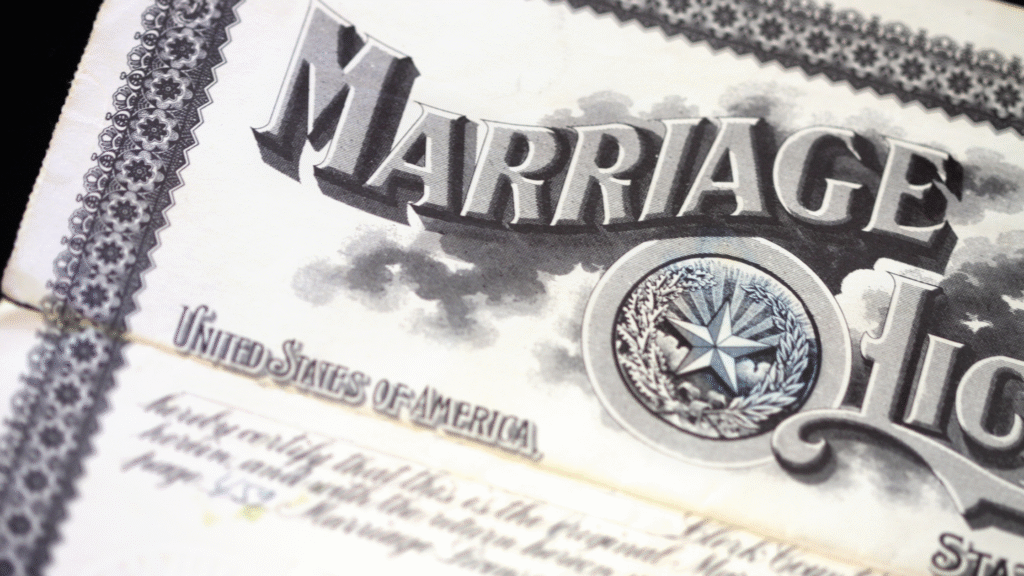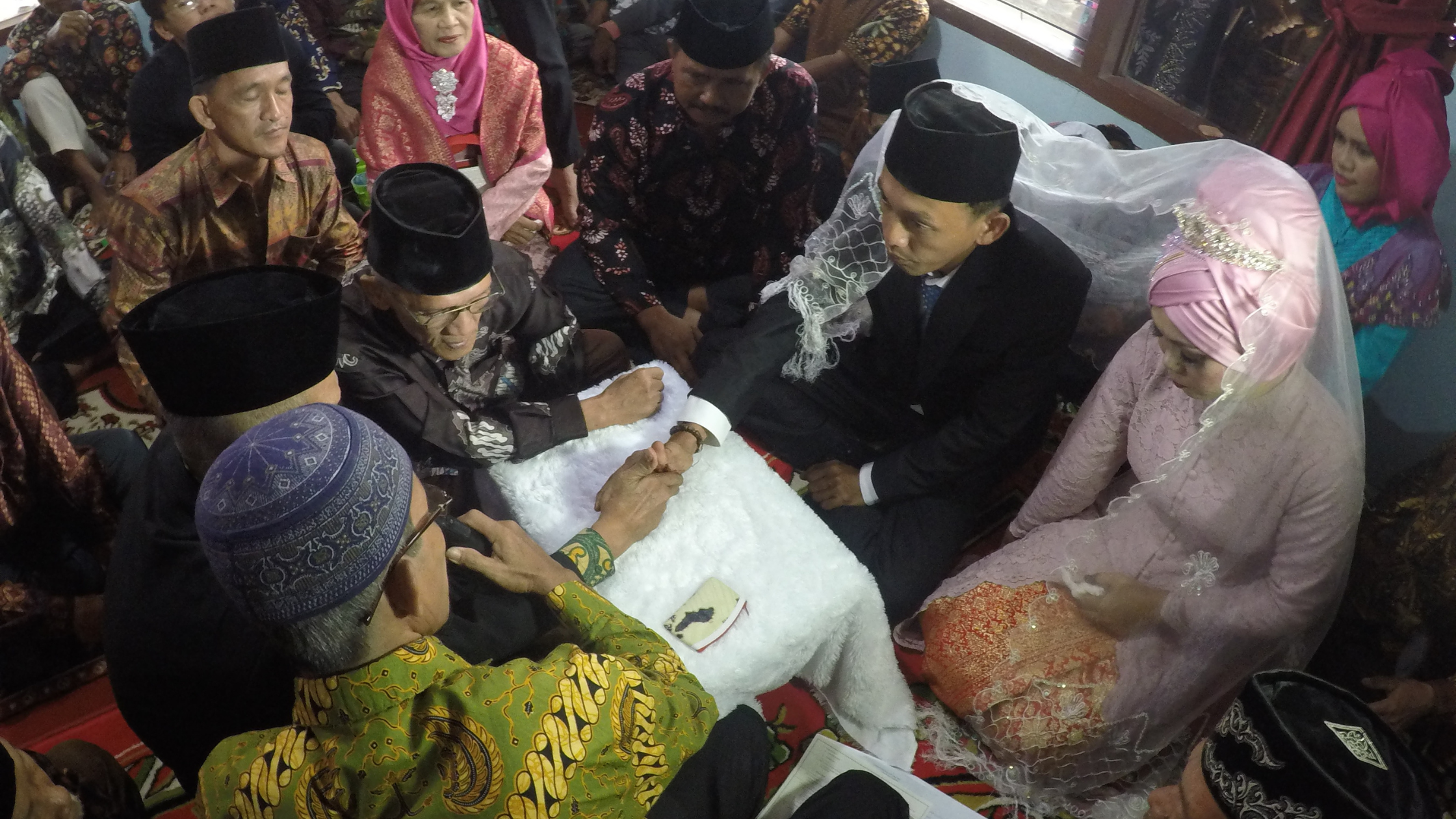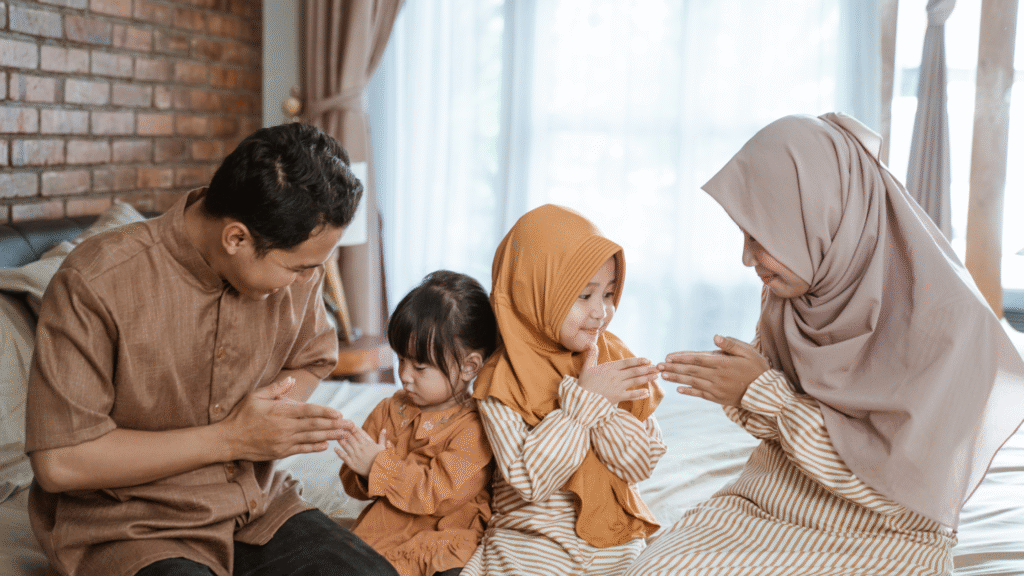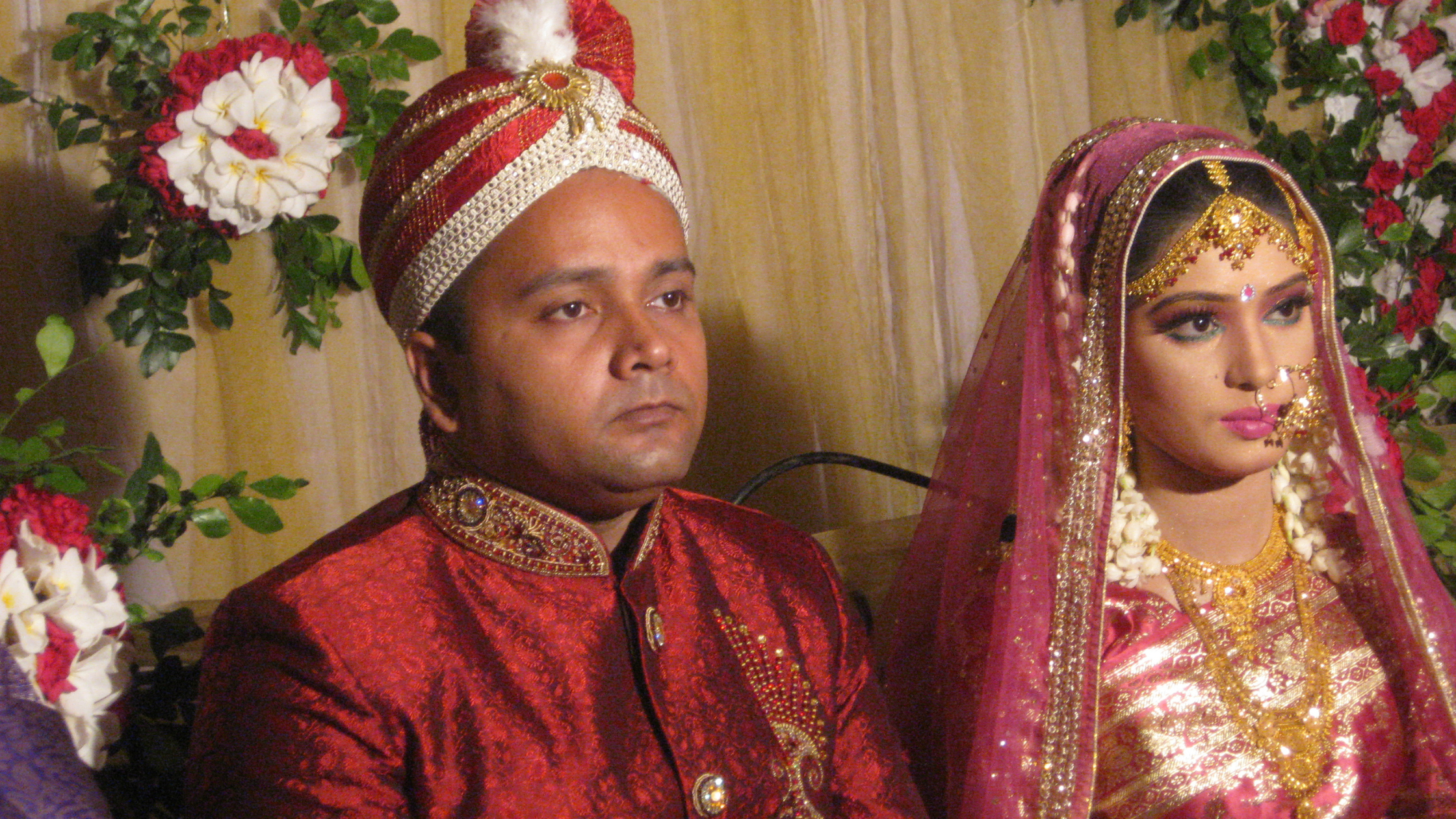Photo Attribution: Ibrahim Husain Meraj, CC BY-SA 3.0 <https://creativecommons.org/licenses/by-sa/3.0>, via Wikimedia Commons
Understanding the Nikah in the U.S.
For many Muslim women in the United States, the nikah is the only marriage they have ever known. It is performed in front of witnesses, blessed by an imam, and celebrated with family. Yet at the intersection of Nikah marriage and US immigration law, this cherished tradition can present unexpected legal challenges, especially when it is never registered with the state, the relationship turns abusive, or it becomes a tool for immigration fraud.
The nikah is one of the most sacred commitments in Islam, a contract rooted in trust, family, and faith. However, like any legal or religious process, it can be misused. Over the years, we have seen cases where the nikah was entered into not for love or commitment, but as a shortcut to immigration benefits, a choice that has left many vulnerable spouses unprotected under U.S. immigration law, particularly in cases involving abuse and unregistered marriages.
The Problem with Unregistered Nikah in VAWA Cases

Under U.S. law, a marriage must be legally recognized to qualify for most spousal immigration benefits. An unregistered nikah, one not recorded with a state marriage license, is generally not seen as a valid marriage. This creates serious challenges for women seeking immigration relief under the Violence Against Women Act (VAWA), which allows certain abused spouses of U.S. citizens or permanent residents to self-petition for legal status.
Without a legal marriage, USCIS may deny a standard VAWA spousal petition. Abusers often exploit the unregistered nikah by telling their spouse they are “not really married” in the eyes of the law, threatening to cut them off from immigration benefits. Knowing your rights is the first step toward breaking free.
Possible Legal Pathways for Survivors
Even if a nikah is unregistered, there are still legal strategies we can pursue:
- Prove a Common Law Marriage: In states that recognize it, if you lived as spouses and presented yourselves publicly as married, we can argue for legal recognition.
- File Based on Intended Marriage: If you believed your marriage was legally valid but were deceived by your spouse, VAWA has provisions for “intended spouses.”
- Pursue Other Immigration Relief: Even if VAWA is not available, survivors may qualify for T visas, U visas, or asylum based on abuse or persecution.
Gathering Evidence Without a Marriage Certificate

When no civil marriage certificate exists, we rely on other documentation to prove the relationship and circumstances:
- Photos of the ceremony.
- Testimony from witnesses.
- Joint leases, bank accounts, and utility bills.
- Proof of cohabitation and a shared life.
How Immigration Fraud Happens Through Nikah
Marriage fraud occurs when two people enter into a marriage solely for immigration benefits. Under U.S. law, this is a federal crime punishable by fines, prison time, and permanent bans from immigration benefits. In the context of nikah, fraud can take several forms:
- Sham Marriages: A religious-only nikah performed quickly so one person can claim spousal benefits without a real marital relationship.
- Coerced or Arranged Fraud: Pressure from family members to marry someone abroad solely to help them immigrate, even when no genuine relationship exists.
- “Paper Marriage” for Money: In rare but serious cases, individuals are paid to enter into a nikah and sign immigration paperwork.
How USCIS Detects Fraud

USCIS officers are trained to identify inconsistencies in marriage-based applications. In Muslim marriages, they may ask detailed questions about cultural practices, wedding customs, and family history. They also check for:
- Lack of shared residence or financial accounts.
- Conflicting testimony between spouses.
- Absence of ongoing communication or photographs together.
The Serious Consequences of Marriage Fraud
A finding of marriage fraud is devastating. It can lead to:
- Immediate denial of the immigration petition.
- Referral for removal (deportation) proceedings.
- A lifetime ban on future immigration sponsorship.
- Criminal prosecution for both spouses.
Protecting Your Nikah and Your Immigration Case

If your nikah is genuine, protect it by documenting your relationship thoroughly — photos, joint leases, shared bank accounts, travel records, and evidence of your life together. If you feel pressured into a marriage you do not want, seek legal advice before signing any documents or starting an immigration process.
The nikah is meant to be a sacred promise of faith and partnership. When it is misused for abuse or immigration fraud, it harms not only the individuals involved but also families and the trust within our community.
Conclusion
At Qazi Law, we have helped Muslim women in Chicago and nationwide navigate these exact situations. The law recognizes that abuse is abuse, whether or not a marriage is civilly registered, and there are still ways to protect yourself.
If you have concerns about an unregistered nikah, need help with a VAWA petition, or suspect your nikah is being used for immigration fraud, we can guide you through your options.
📞 Call us today at 630-504-0648 or schedule a confidential consultation with Attorney Farrah.
📰 Sign Up for Our Newsletter: Receive weekly immigration news and free toolkits.
📱 Follow us on Facebook, Instagram, and LinkedIn.

